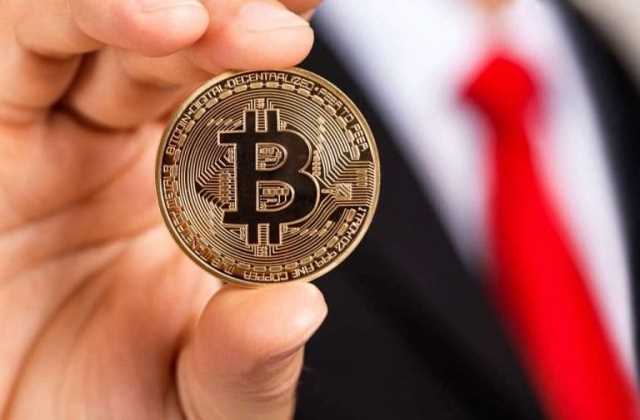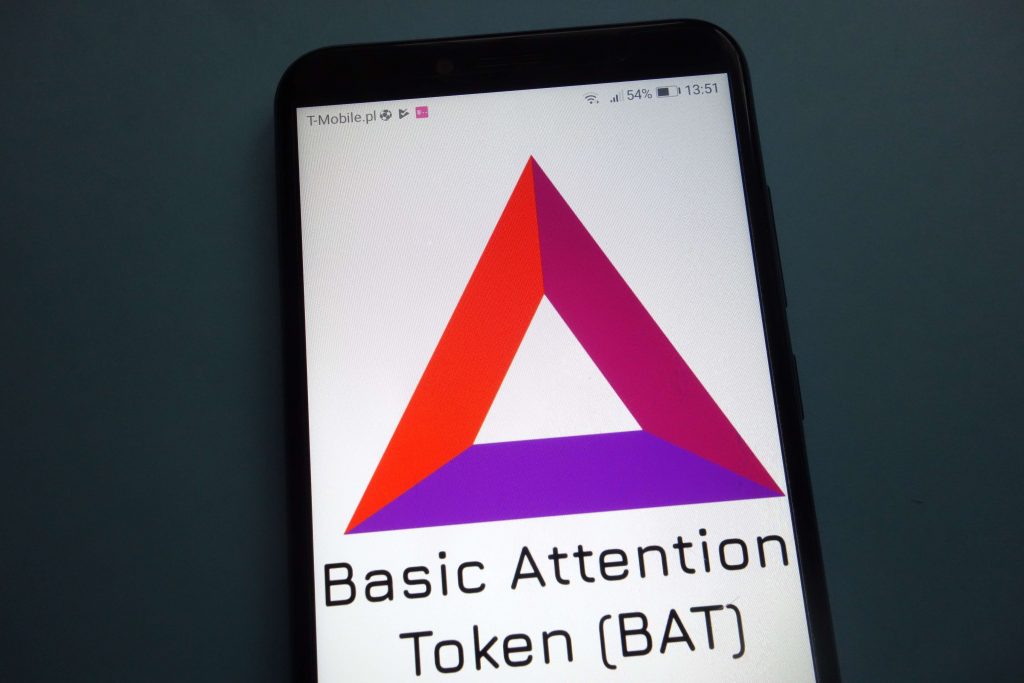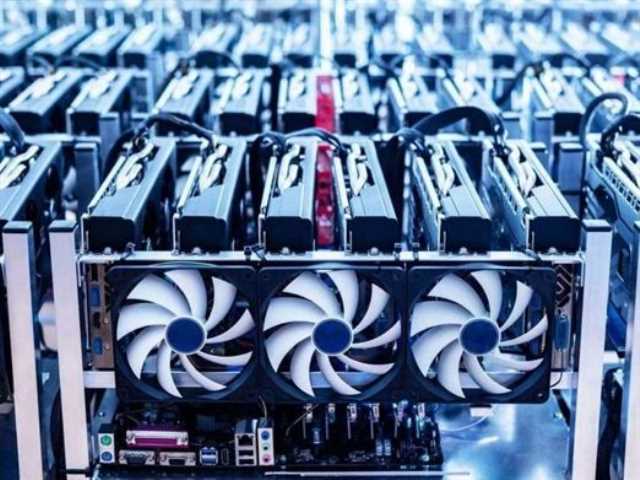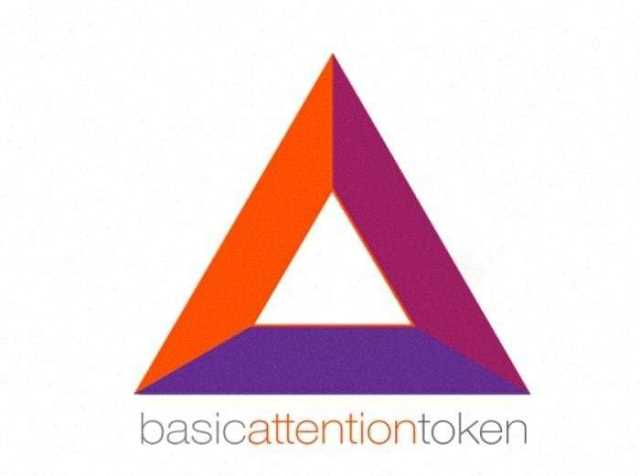
As of April 2020, the average confirmation time for a Bitcoin transaction can be anywhere from 10 minutes to several hours, depending on whether you pay a premium transaction fee or not. Ethereum is much more efficient, but its average time is around 15 seconds — but even that would be an eternity in a checkout line at your local grocery store. Blockchains used for purposes other than cryptocurrency could run into similar problems. You can imagine how frustrating it would be to wait 15 seconds every time you wanted to change a database entry.
- When tens of thousands of nodes keep a copy of the blockchain’s data, some challenges can quickly arise, including data consistency and malicious nodes.
- Having all the nodes working to verify transactions takes significantly more electricity than a single database or spreadsheet.
- As of April 2018[update], bitcoin has the highest market capitalization.
- At its core, a blockchain allows a network of individuals to share potentially valuable data in a tamper-proof way.
- Scalability is the ability of the system to cope with a growing number of transactions.
What Is Blockchain and How Does It Work?

Financial services use blockchain to accelerate transactions and speed up close times. Some banks also use blockchain for contract management and traceability purposes. For example, PayPal, the online payment platform, launched a blockchain-based service in 2020 that lets users buy, hold and sell cryptocurrency.
Challenges of Blockchain
When a new node joins a blockchain, it is given its own copy of the chain, and in order to make additions or changes to the chain as a whole, the node’s actions must be algorithmically approved by the blockchain’s network. Over the past few decades, blockchain has evolved from a curious technology buzzword to a bold new frontier for our collective digital infrastructure. Its potential has transcended industries and has the power to revolutionize everything from healthcare What is Blockchain to online gaming. Many more exchanges, brokerages and payment apps now sell Bitcoin, and many companies such as PayPal and Microsoft accept Bitcoin for payment. Still, purchases with blockchain currencies such as Bitcoin remain the exception, not the rule. Also, the sale of Bitcoin for purchases on cash apps such as PayPal requires users to pay capital gains taxes on the Bitcoin sold, beyond whatever state and local taxes are paid on the product or service.
Enterprise Blockchain
This cryptographic hash algorithm generates an almost unique 256-bit signature for a text. Blockchain is a combination of three important technologies – cryptographic keys, a peer-to-peer network, and a digital ledger. Each individual or node has both of these keys and they are used to create a digital signature.


If you are a participant in the Blockchain network, you will have the same copy of the ledger, which all other participants have. Even if one node or data on one particular participant computer gets corrupted, the other participants will be alerted immediately, and they can rectify it as soon as possible. By eliminating intermediaries and automating processes, blockchain can reduce transaction costs and make certain business operations more efficient. Transactions on a blockchain are visible to all participants, making it easier to track and verify transactions and ensure their accuracy. On the other hand, in Proof of Authority (PoA), validators are identified by their reputation or identity rather than the amount of cryptocurrency they hold. Validators are selected based on their trustworthiness and can be removed from the network if they act maliciously.
Ethereum vs. Bitcoin Blockchains
- In 2009, Satoshi Nakamoto implemented a blockchain using the Bitcoin currency.
- Imagine that someone is looking to buy a concert ticket on the resale market.
- Transactions placed through a central authority can take up to a few days to settle.
- Let’s look at the business-specific advantages of blockchain technology.
- While cryptocurrency is the most popular use for blockchain at present, the technology offers the potential to serve a very wide range of applications.
- Blockchain technology is still susceptible to 51% attacks, which can circumvent a consensus algorithm.
Explainer: What is a blockchain?
- Blockchain is also considered a type of database, but it differs substantially from conventional databases in how it stores and manages information.
- These are the basic, foundational concepts driving the blockchain, but there’s a lot more to learn.
- But there are also investment strategies that are unique to the blockchain and cryptocurrencies, like yield farming.
- These new-age databases act as a single source of truth and, among an interconnected network of computers, facilitate trustless and transparent data exchange.
- Financial institutions operate during business hours, usually five days a week—but a blockchain works 24 hours a day, seven days a week, and 365 days a year.
